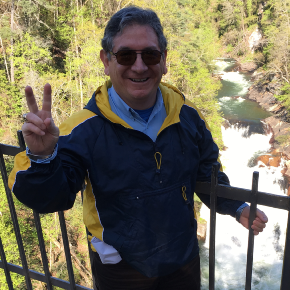IRES Seminar Series
Time: 12:30pm to 1:30pm (every Thursday)
Via Zoom
View video.
*********************************************************************************
Montology echoing new frontiers of socioecological services
As archetypes of the meta-geography of the vertical dimension, mountain metaphors remain at the core of animistic belief systems, religious cults, military strategies, economic potential and scientific innovation. I argue that transdisciplinary science and geocritical tropes, incorporating physical, human, and technical geography with humanities and arts, are the best approaches to understand the complexity of mountain systems. With examples of the boundary forest/grassland in the tropical Andes, I posit that manufactured landscapes, where the hybrids of nature-culture creations thrive, need conservation management attending a trilemma that favors indigenous mythologies and modern imperatives. By using examples from sociohydrology and biocultural diversity, I will grapple with the need of protecting microrefugia in the mountainscape as heritage loci. I will conclude that transdisciplinary, convergent science evidences the use of restoration ecology practices as indispensable in the conservationist’s toolbox to obtain sustainable, regenerative development.
Click here for a Research News piece describing Dr. Sarmiento’s work on mountains.
Fausto Sarmiento

Professor, Department of Geography, University of Georgia
Bio:
Fausto O. Sarmiento, Ph.D., professor of Geography at the University of Georgia, directs the Neotropical Montology Collaboratory. He studies human-environment interactions and landscape dynamics of biocultural heritage with transdisciplinary frames in socioecological mountainscapes. Working at intersections of Tropandean geographies, he is reconstructing ecological theory of farmscape transformation and identity markers amidst global environmental change, developing new narratives of mountain sustainability as tropical environments are constructed, represented, claimed and contested. In 2019, he received the Barry Bishop Career Award by the AAG’s Mountain Geography Specialty Group for his significant contributions to research, teaching and service for the mountains of the world.